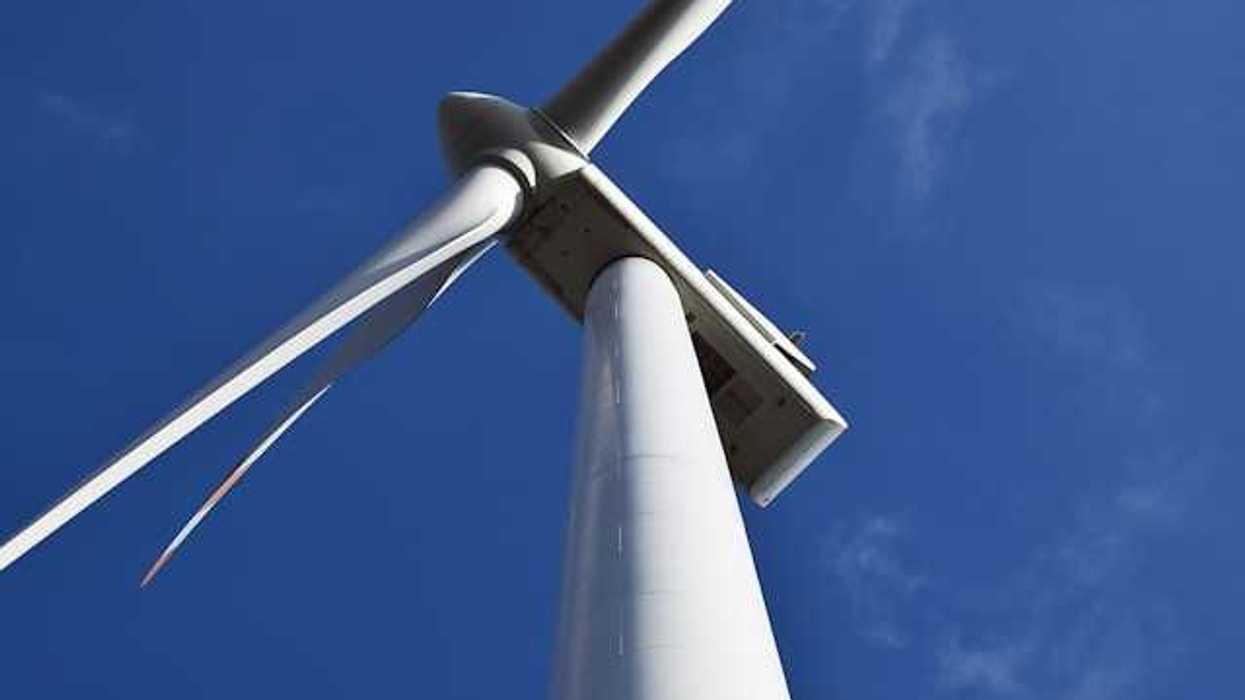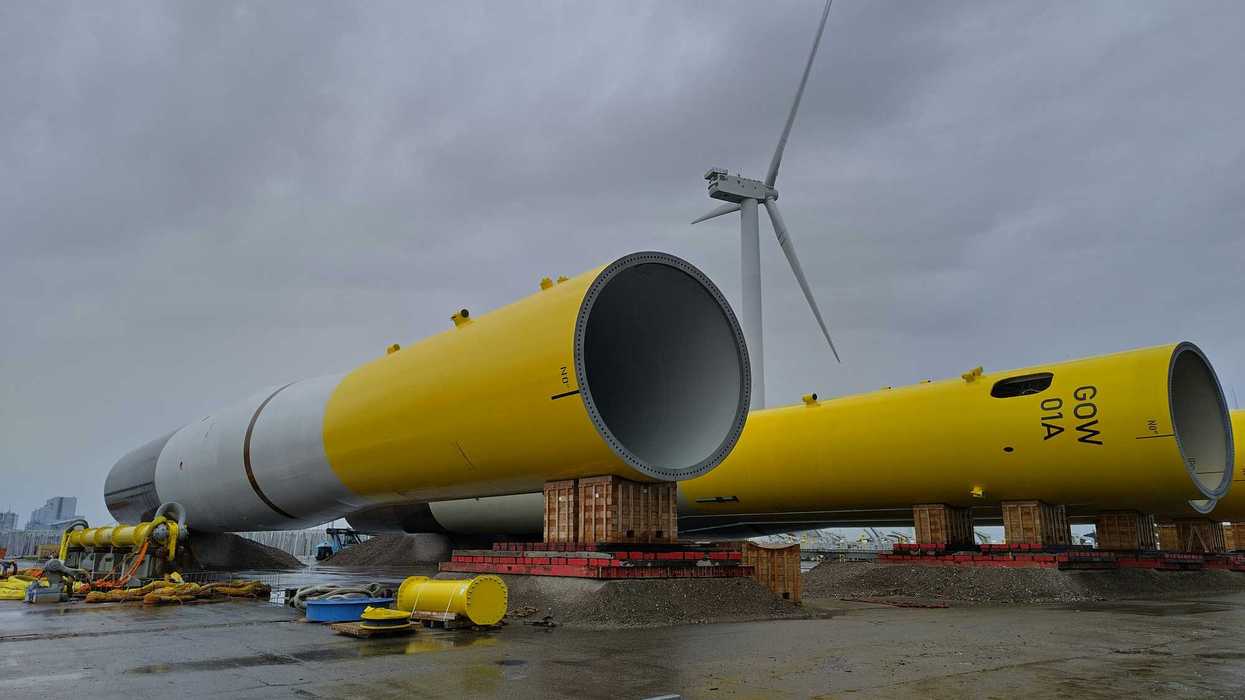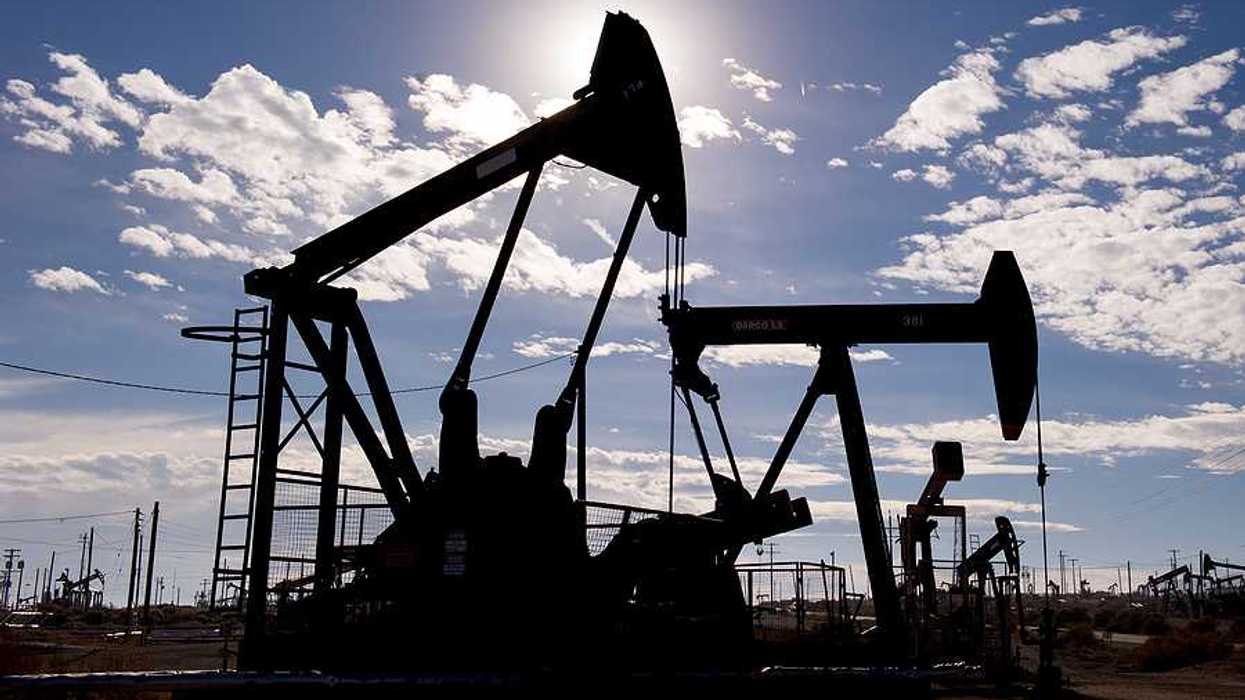Aluminum and steel production will increase to support global energy transitions, but their mining and refining processes are already causing severe environmental and health impacts in many countries.
Sean Mowbray reports for Mongabay.
In short:
- Demand for aluminum, essential in clean energy infrastructure, is projected to grow by 40-50% by 2050.
- Mining and refining of bauxite and iron ore lead to deforestation, toxic pollution, and human health problems, particularly in developing countries.
- Solutions like circular economies are promising but face implementation challenges.
Key quote:
“We found … a common thread. In every place bauxite mining is touching right now there seems to be really negative impacts for people and the environment.”
— Matthew Groch, senior director of decarbonization at Mighty Earth.
Why this matters:
While aluminum and steel are crucial to renewable energy and infrastructure, their production harms ecosystems and communities. If extraction and refining practices aren't improved, the environmental and social costs will rise sharply.














